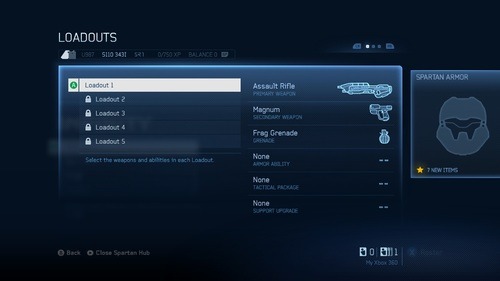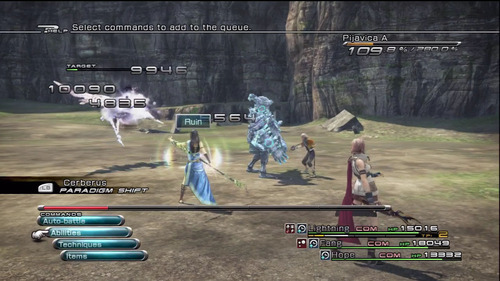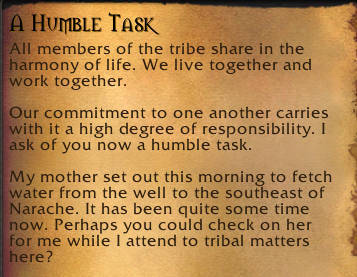I mentioned in my last article Annoying Game Mechanics how Guild Wars 2 was able to break the standard MMO subscription model with the monetization model it follows. I was asked to look at this a little bit deeper, so I wanted to elaborate a bit on how they are able to make that possible.
For those who do not know, Guild Wars 2 is a sequel to the genre-shattering original Guild Wars which also followed a non-subscription model. However at least for myself I found the original Guild Wars to be quite limiting and wasn’t nearly as compelling as the competing MMOs in the market at the time. Guild Wars 2 has learned a lot in its time, and is now a fully functional and compelling MMORPG with its own story and unique gameplay.
Much like other games of the genre, you still need to fork over the usual $60 (at launch, now much less) to get into the game. However thats where the similarities end, because that is all the financial investment you have to put into this game. You can pay more, and that is through their use of microtransactions.
Microtransactions are where you can purchase things in game to help you level up faster, get items quicker and the like. For those who have played free-to-play games this should seem very familiar. What makes Guild Wars 2 different is the absence of a pay-wall. A pay-wall which we discussed in another article is where a game requires you to pay more money in order to continue to advance. Essentially these microtransacations in Guild Wars 2 just allow you to level up and advance faster, and alleviate the need to grind. For most MMO players grinding is a non-issue, and it is always a challenge to get all the cool stuff WITHOUT having to pay.
What is great about Guild Wars 2 is that they also are continuing to add unique content. They add content every 2 weeks. This is quite the undertaking as most MMOs are not able to generate that much content on such a tight schedule. In the end it just goes to show that the people at NCSOFT and ArenaNet are dedicated to creating a quality product and keeping at a reasonable price. This explains the strong following this game series has generated and maintained.






